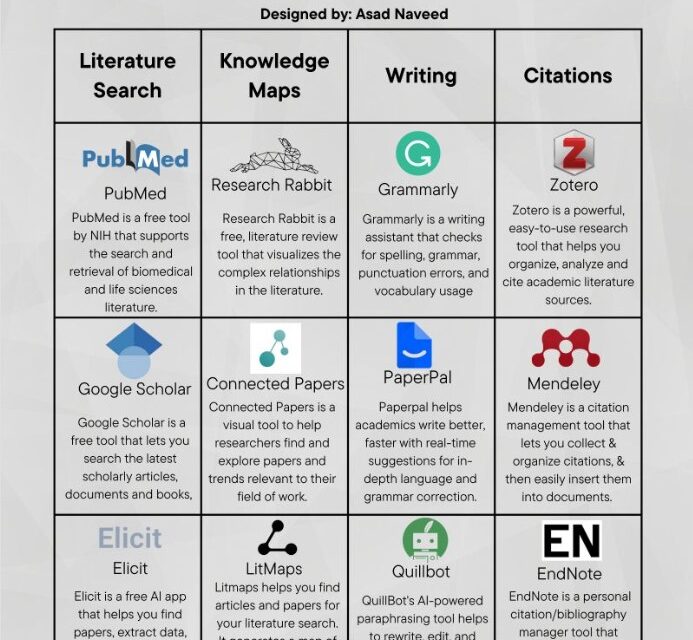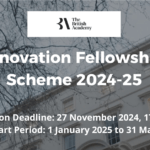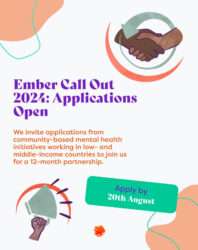
Essential Tools for Literature Review: From Zotero to Grammarly and Beyond

The art of a well-executed literature review is integral to impactful research and scholarly writing. To navigate the expansive realm of information effectively, researchers can harness an array of digital tools. This comprehensive guide amalgamates insights from two write-ups, presenting an all-encompassing array of essential research tools that cater to various stages of the literature review process.
- Zotero: Zotero emerges as a robust reference management tool. With effortless organization, collection, and citation of sources, it facilitates seamless research management. Direct citation capture from web pages, multi-style citation generation, and collaborative features enhance its appeal. Its organized structure, combined with tagging and search capabilities, forms a structured reference repository. [Website: zotero.org]
- Grammarly: Precise writing enhances the impact of literature reviews. Grammarly, an AI-powered writing assistant, optimizes grammar, spelling, punctuation, and style. While not a substitute for thorough proofreading, it refines drafts, augmenting clarity and coherence. A valuable writing companion throughout the process. [Website: grammarly.com]
- EndNote: Effective reference management is paramount. EndNote excels as a reference organization tool, simplifying citation and bibliography creation. Advanced features like customizable reference styles, PDF annotation, and collaboration foster its favor among researchers. Integration with word processors expedites citation insertion. [Website: endnote.com]
- Mendeley: Mendeley marries reference management with social networking, fostering peer connection and literature discovery. Annotations, PDF highlighting, and collaborative options empower researchers. Seamless integration with Microsoft Word streamlines citation and bibliography creation, optimizing efficiency during manuscript composition. [Website: mendeley.com]
- Evernote: Evernote’s versatility in note-taking proves invaluable for gathering and structuring research material. Clipping web content, saving images, and jotting notes contribute to comprehensive literature reviews. Cross-platform accessibility ensures seamless access across devices. [Website: evernote.com]
- ReadCube: Enhancing the reading experience, ReadCube automates metadata acquisition for PDFs, simplifying document management and search. Interactive elements like clickable in-text citations enhance paper navigation, facilitating an in-depth comprehension of content. [Website: readcube.com]
- PubMed and Google Scholar: Commence thorough research with PubMed’s specialized biomedical content and Google Scholar’s broader disciplinary coverage. Their advanced search features retrieve scholarly articles, clinical studies, and gray literature, forming the cornerstone of comprehensive reviews. [Websites: pubmed.ncbi.nlm.nih.gov, scholar.google.com]
- Research Rabbit: Maximize efficiency by leveraging Research Rabbit’s meta-search capabilities. It consolidates results from various databases, including PubMed, Google Scholar, and IEEE Xplore, providing a comprehensive article overview and saving time on individual searches. [Website: researchrabbit.ai]
- Connected Papers and Elicit: Visualize research connections with Connected Papers, identifying pivotal works and trends. Elicit streamlines information synthesis through annotation, highlighting, and summarization, bolstering note-taking and analysis efficacy. [Websites: connectedpapers.com, elicitinsights.com]
- Litmaps and QuillBot: Enhance organization with Litmaps’ visual mind-mapping, capturing study relationships. QuillBot augments writing quality by suggesting sentence rephrasing, synonyms, and grammar improvements. [Websites: litmaps.co, quillbot.com]
Conclusion: Mastering the literature review demands harnessing a diverse toolset. Integrating platforms like PubMed and Google Scholar with innovative solutions such as Connected Papers, Elicit, and QuillBot optimizes every facet of the process. By strategically incorporating these tools, researchers enhance efficiency, quality, and impact in their literature review journey, ultimately advancing the realm of scholarly research.

















